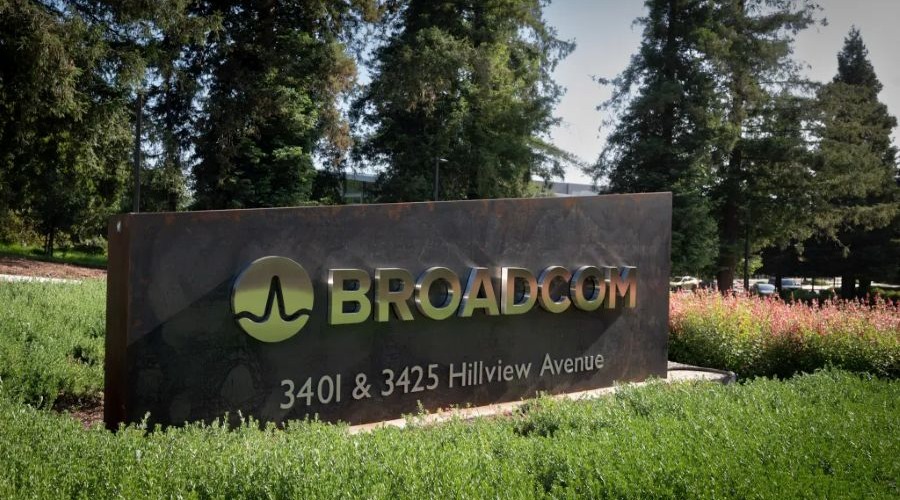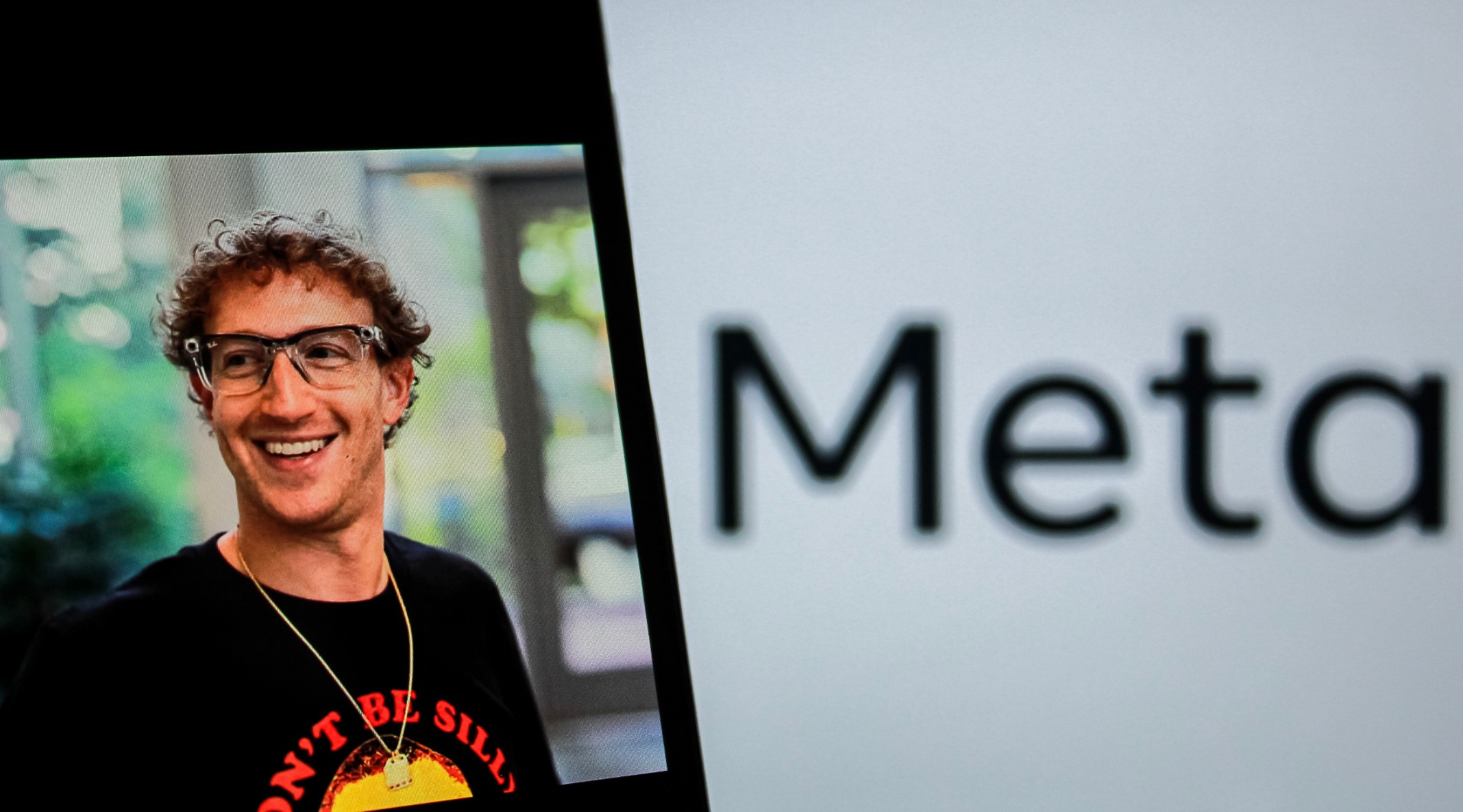Once upon a time, a million dollars could make you the king or queen of the block, with enough left over to buy a yacht or three. Fast forward to 2024, and suddenly, a million dollars barely covers the basics. If you think that sounds crazy, you're not alone.
A recent study by Northwestern Mutual reveals that only one in three American millionaires feels wealthy, and a staggering number are convinced that their financial plans need some serious rethinking. How did we get here, and why does a cool million feel less like a jackpot and more like a consolation prize? Let’s dig in.
Inflation: The Not-So-Invisible Thief
To start with, let's talk about inflation. No longer the stuff of dull economics lectures, inflation has become the party crasher no one invited. The numbers might seem manageable at first glance—2%, 3%, even 5%—but compound that over a decade, and suddenly, your million-dollar nest egg is feeling more like a well-used feather pillow. According to the latest surveys, including the Northwestern Mutual Planning & Progress Study, the average American now believes they’ll need $1.46 million to retire comfortably. That’s a whopping 46% more than the old million-dollar standard, thanks to inflation and other factors. So, while you might technically be a millionaire, your money doesn’t stretch nearly as far as it did in the days when people smoked cigars with $100 bills.
The Rise of Lifestyle Inflation: Living Large, Feeling Small
Then there’s the little issue of lifestyle inflation. You know the drill: You get a raise, you upgrade your apartment. A bonus check comes in, and suddenly your car has a lot more horsepower. It's a slippery slope that makes a million bucks feel like Monopoly money pretty quickly. According to yet another report, this time by Charles Schwab, nearly half of American millionaires confess they need to tighten up their financial planning. It turns out that “feeling wealthy” is less about the number in your bank account and more about how often you swipe your platinum card.
With the cost of everything from housing to avocado toast skyrocketing, a million-dollar fortune isn’t going as far as it used to. And with more millionaires sprouting up every year, the feeling of exclusivity is gone, too. It’s like showing up to a VIP party only to find out that they’ve invited the whole neighborhood.
The Retirement Paradox: Chasing a Moving Target
Ah, retirement—the pot of gold at the end of the working rainbow. But post-work life is getting expensive by the day. Remember when $1 million seemed like enough to sip Mai Tais on a beach for the rest of your life? Not anymore. Northwestern Mutual’s study hints at a number of factors: longer life expectancies, healthcare costs, and our ever-rising standards of living. What used to be a comfortable retirement nest egg is now barely a starting point. So, if you’re thinking of retiring with a million, think again—you might need to keep that day job a little longer.
The Millionaire Identity Crisis
So, if having a million dollars doesn't make you feel wealthy, what does? According to Northwestern Mutual, only about one-third of American millionaires report feeling like they’re truly well-off. While our hearts no doubt bleed for them, for many, wealth isn't about a specific number but about security, peace of mind, and the ability to live life on their terms. That’s where financial planning comes in—or at least, it should. Nearly half of these millionaires admitted their financial plans could use some tweaking.
The irony? Even with a million in the bank, many people feel the need to double down on their strategies, whether that means diversifying investments, building up an emergency fund, or simply reining in the spending sprees. It seems that being a millionaire today isn’t so much about popping champagne, but about popping open spreadsheets. But then, it long has been, hasn’t it?
Redefining Wealth in 2024
Ultimately, it seems the concept of “wealth” is changing as fast as the cost of living. While a million dollars might still turn heads, it doesn’t quite get the hearts racing like it used to. Inflation, lifestyle inflation, and rising retirement costs have all conspired to make a million feel, for many… well, not quite enough.
So, what's the new dream number? Is it $1.46 million? I doubt it. Next year it’ll be higher. In the meantime, perhaps it’s time to get back to the old forex , or to continuing chasing the next commodities boom. And then, of course, there’s that tasty new artificial intelligence (AI) startup that everyone’s talking about… Whatever you do, plan carefully. Retirement costs.
For more finance-adjacent news, visit our Trending section.


















